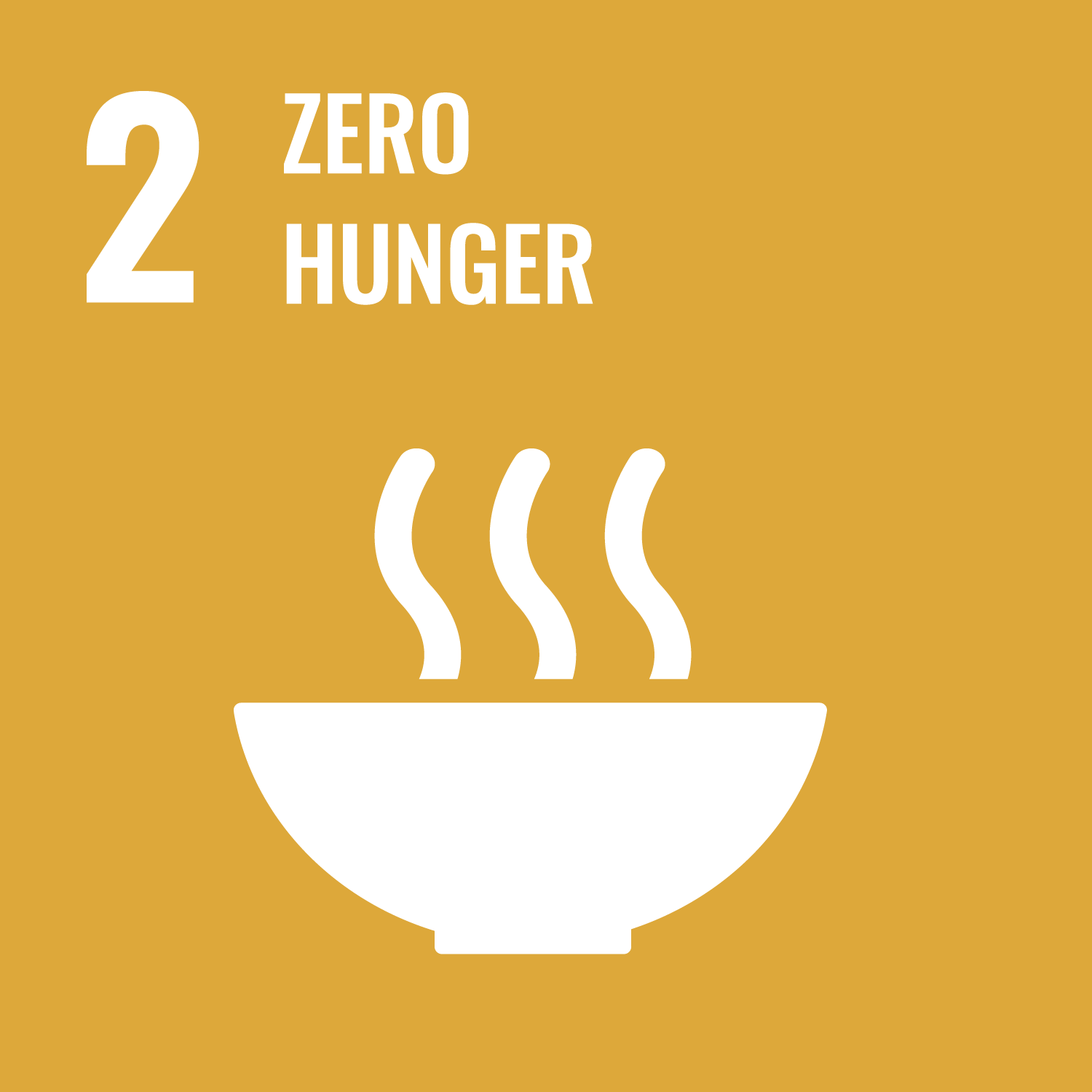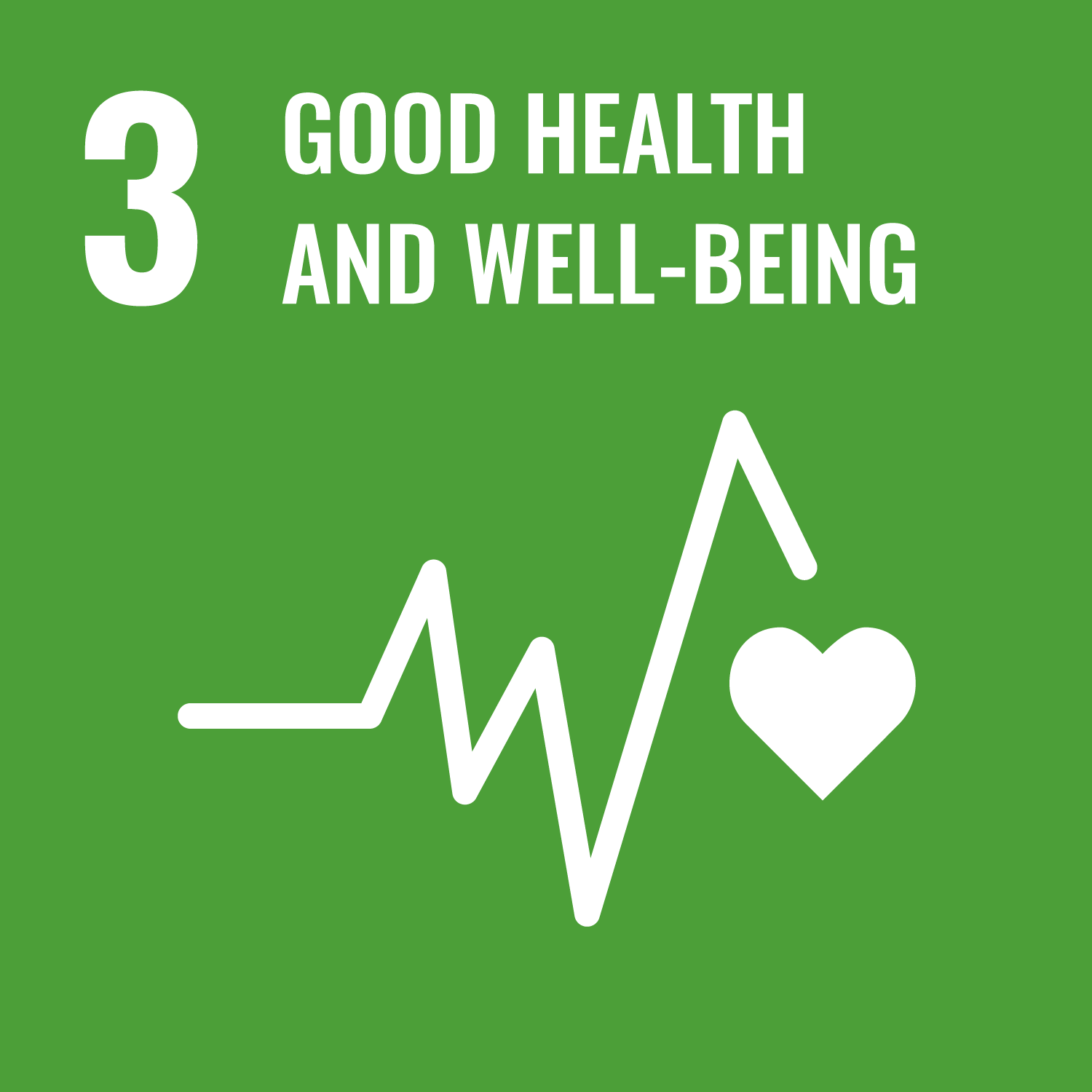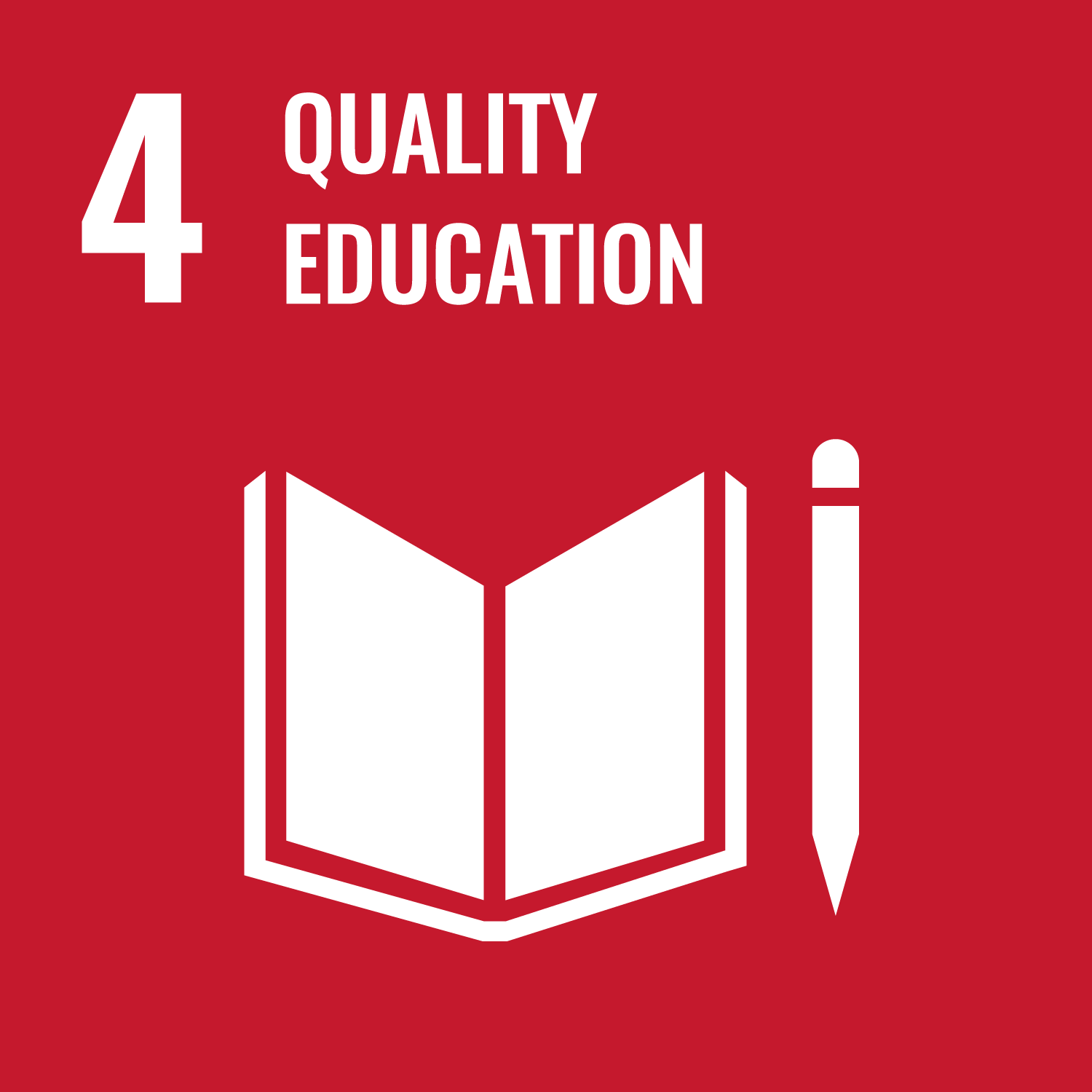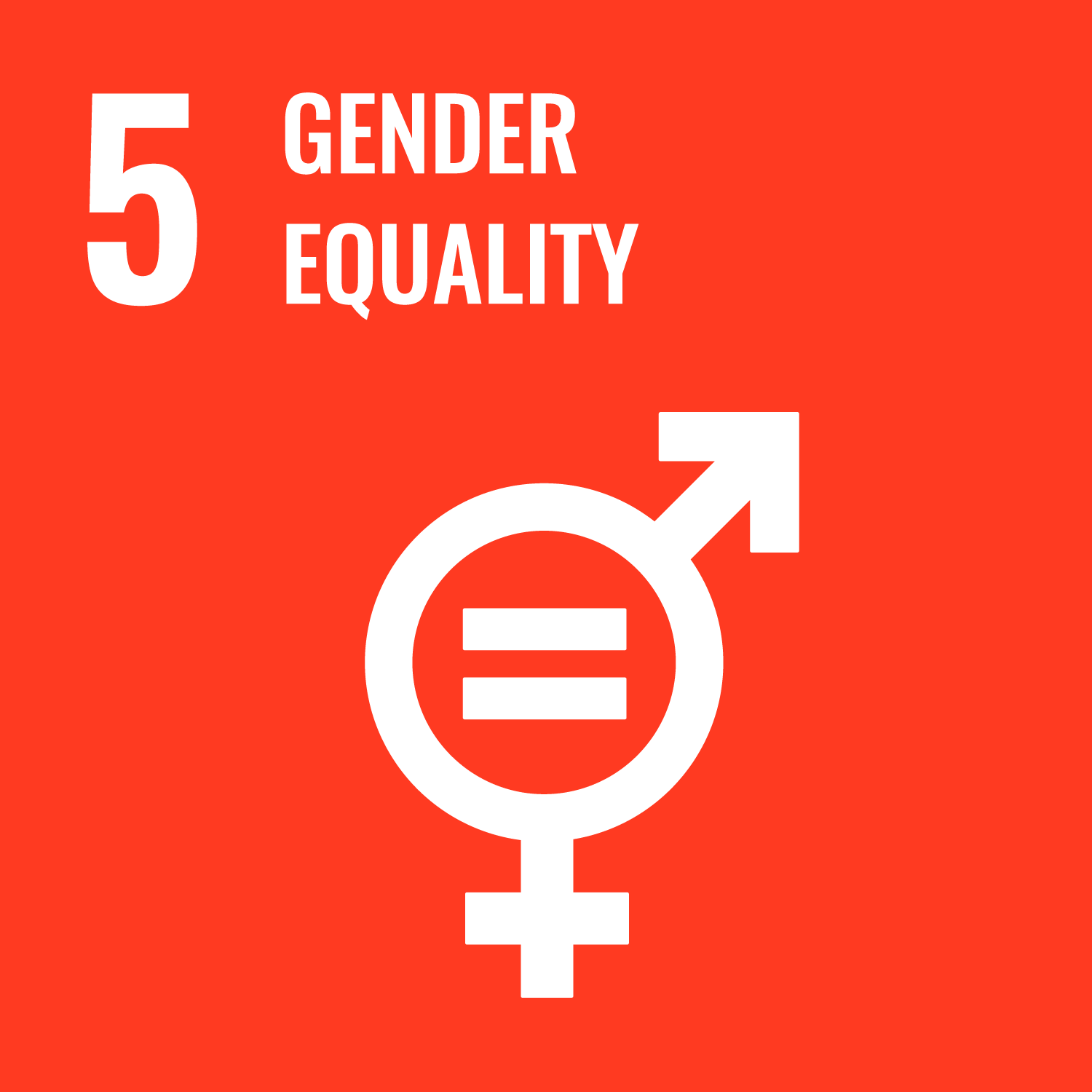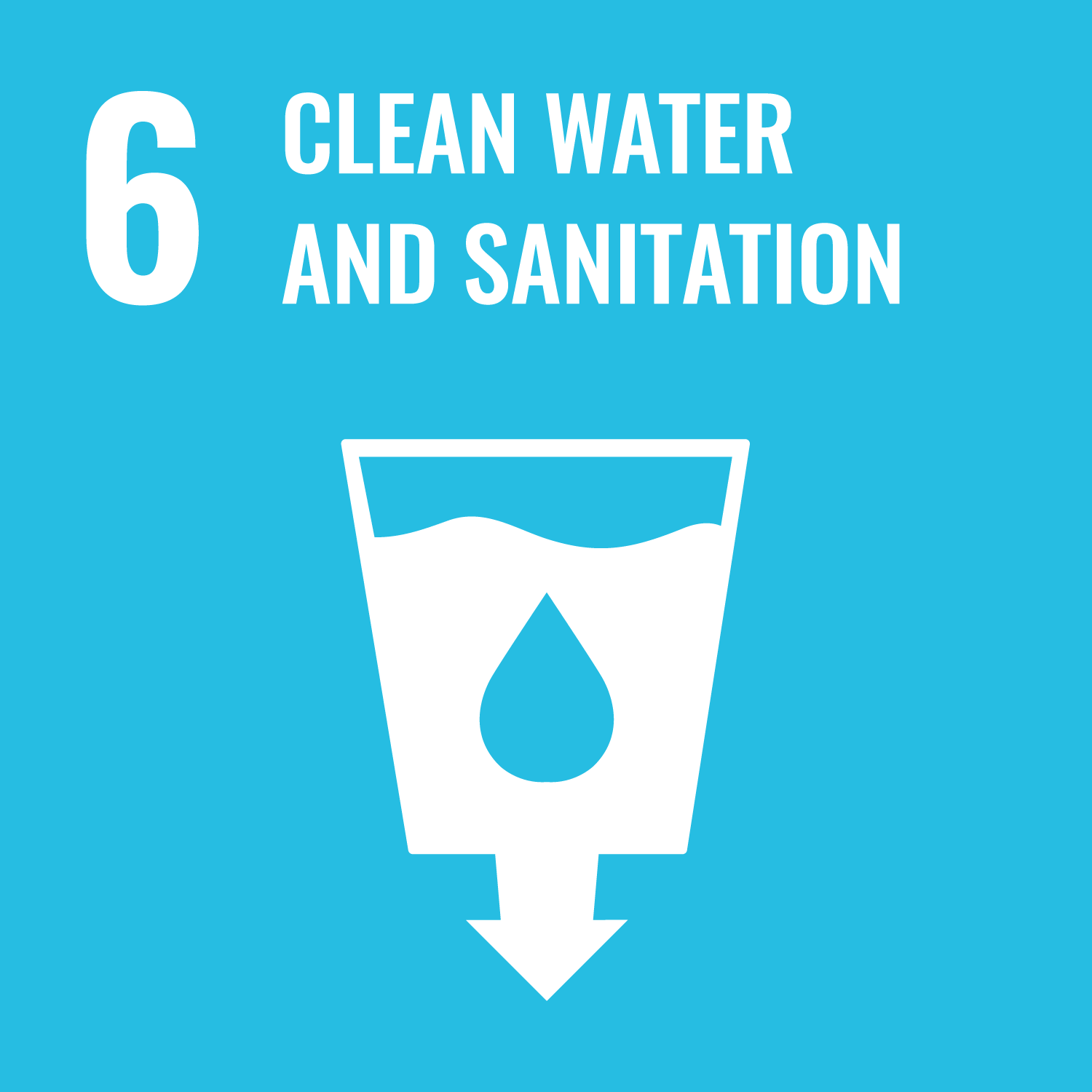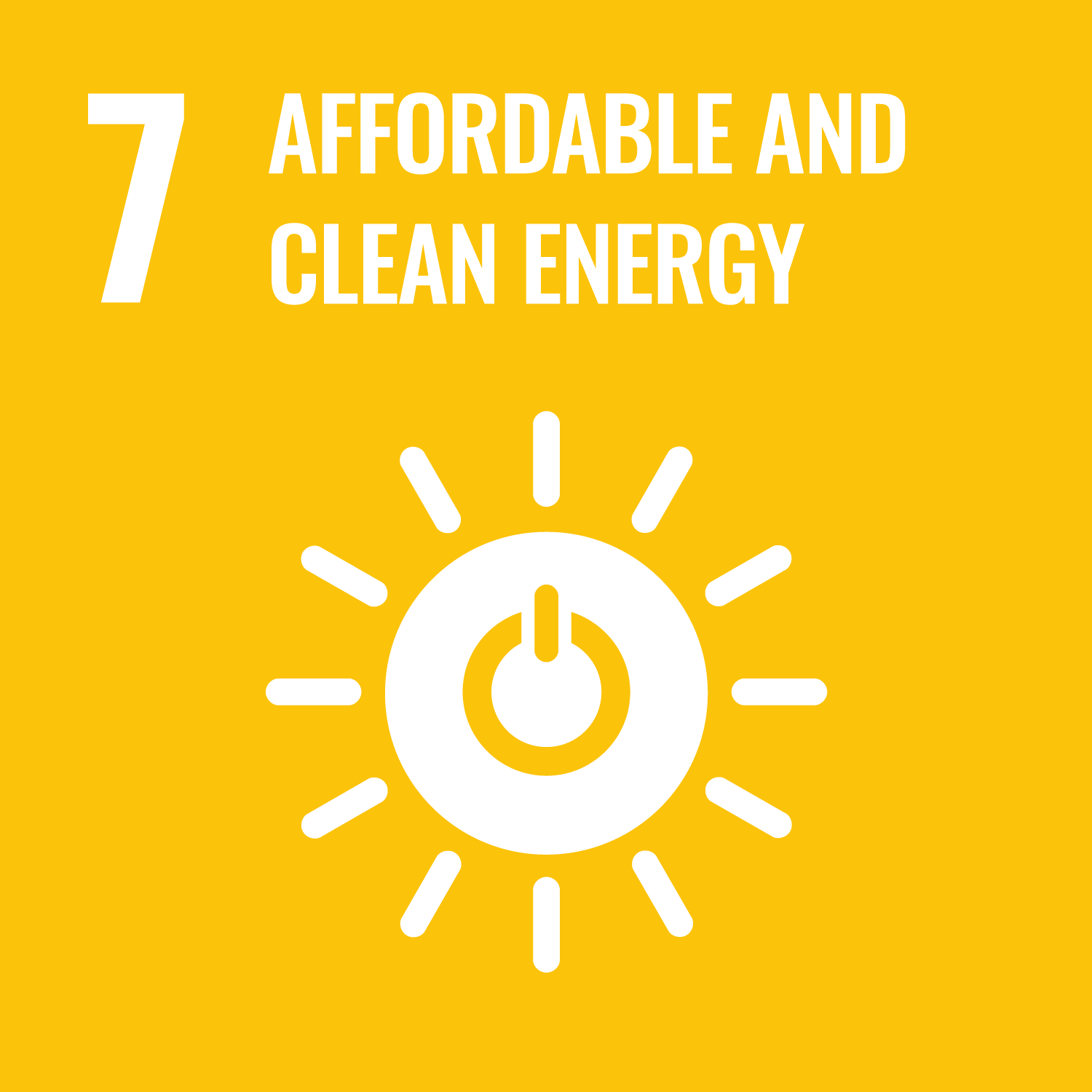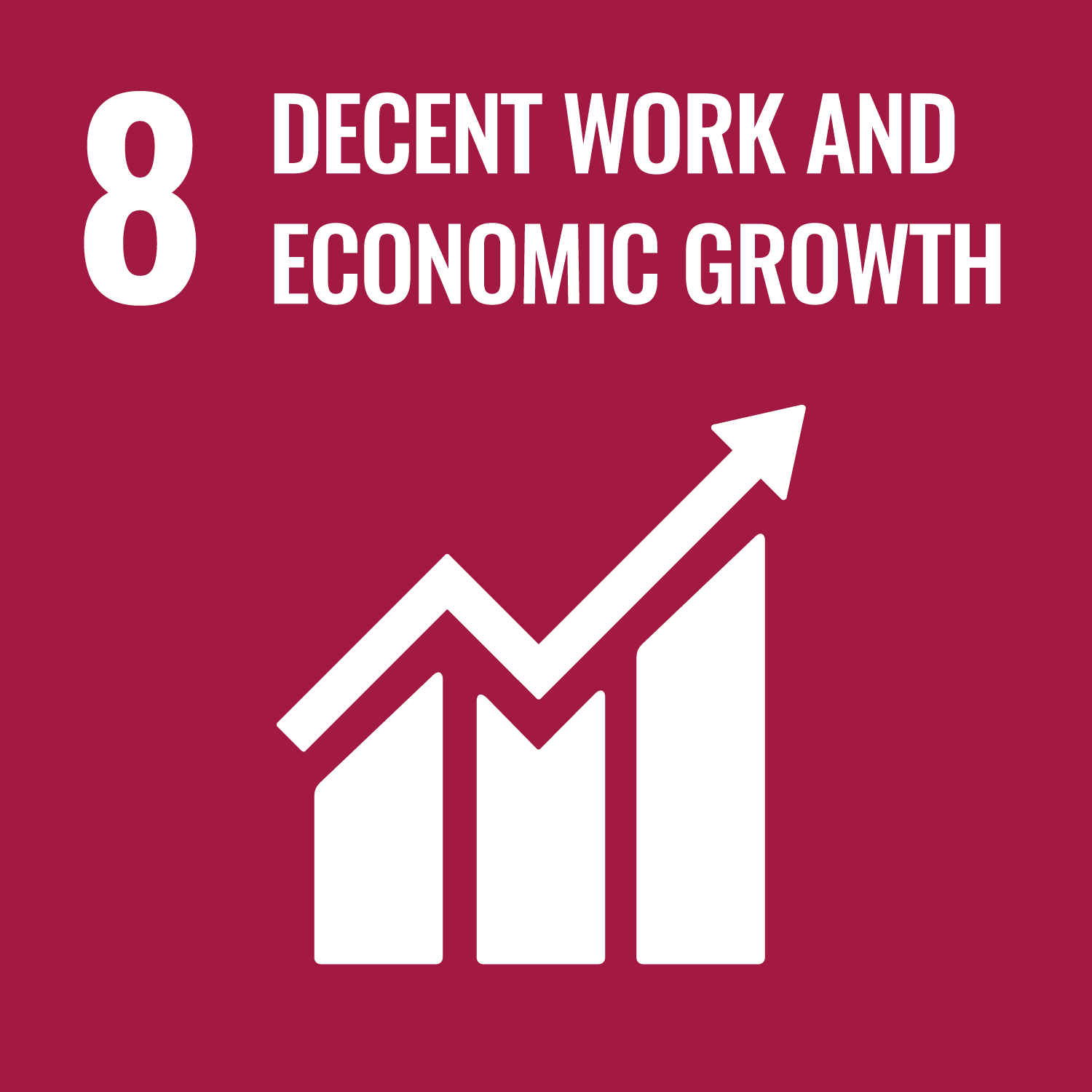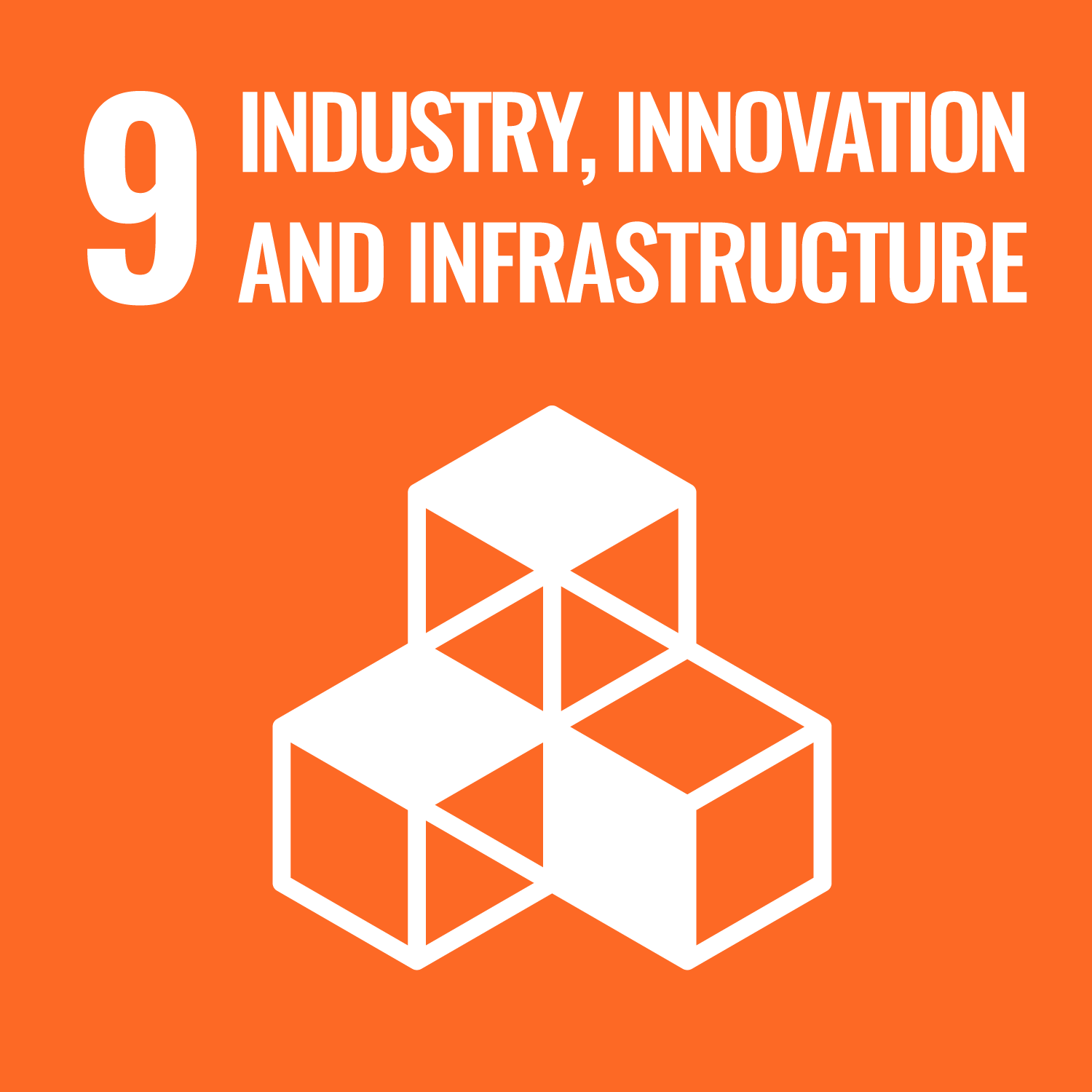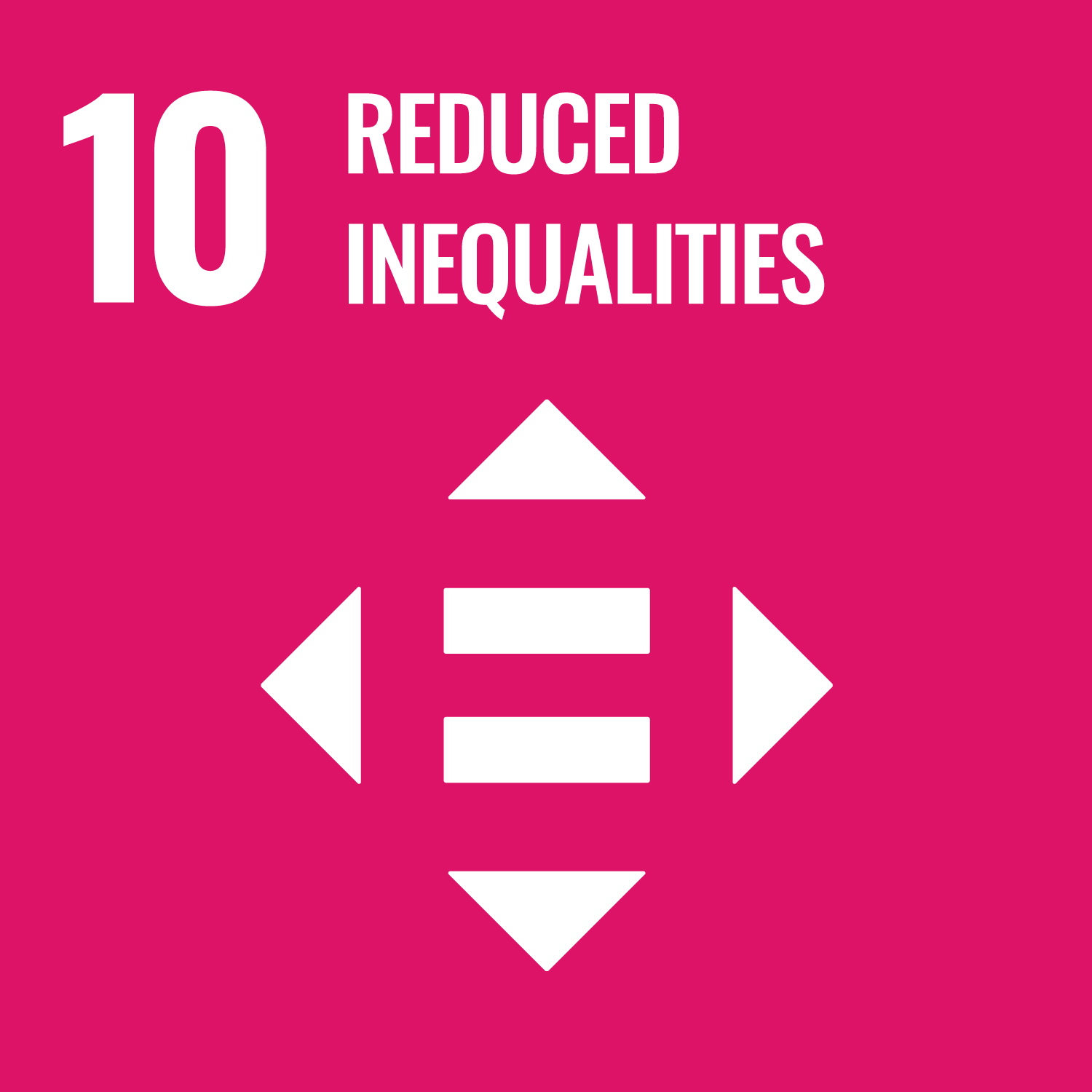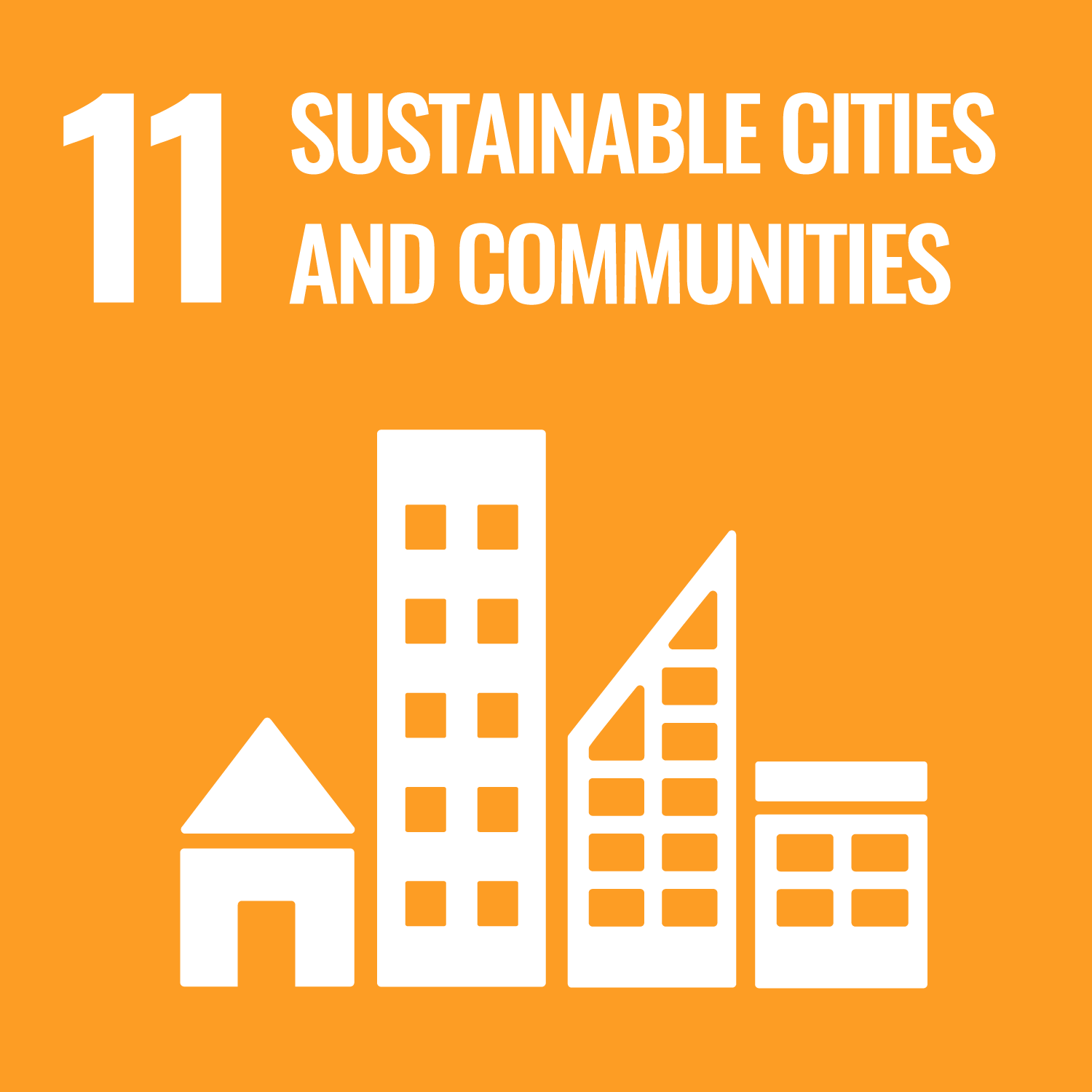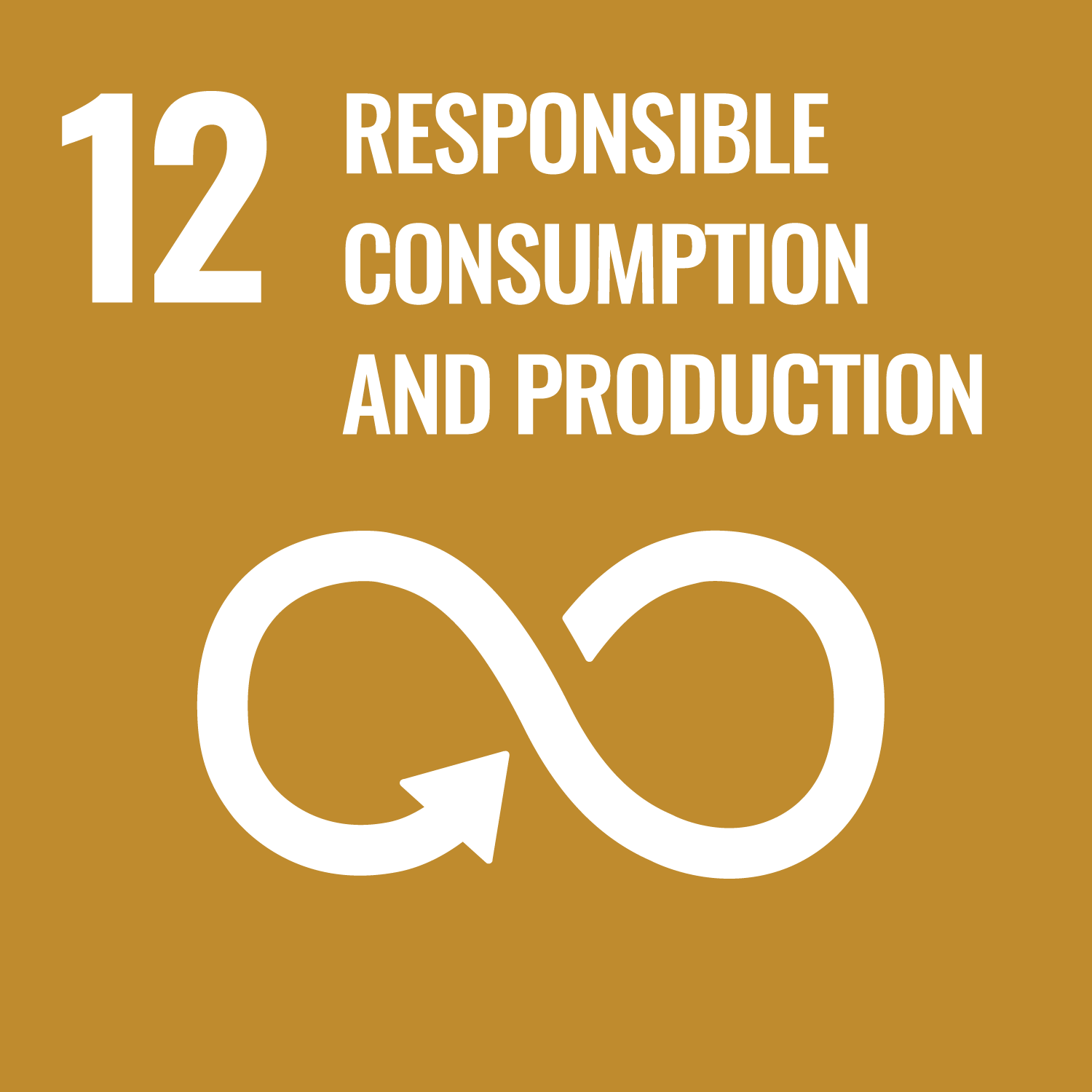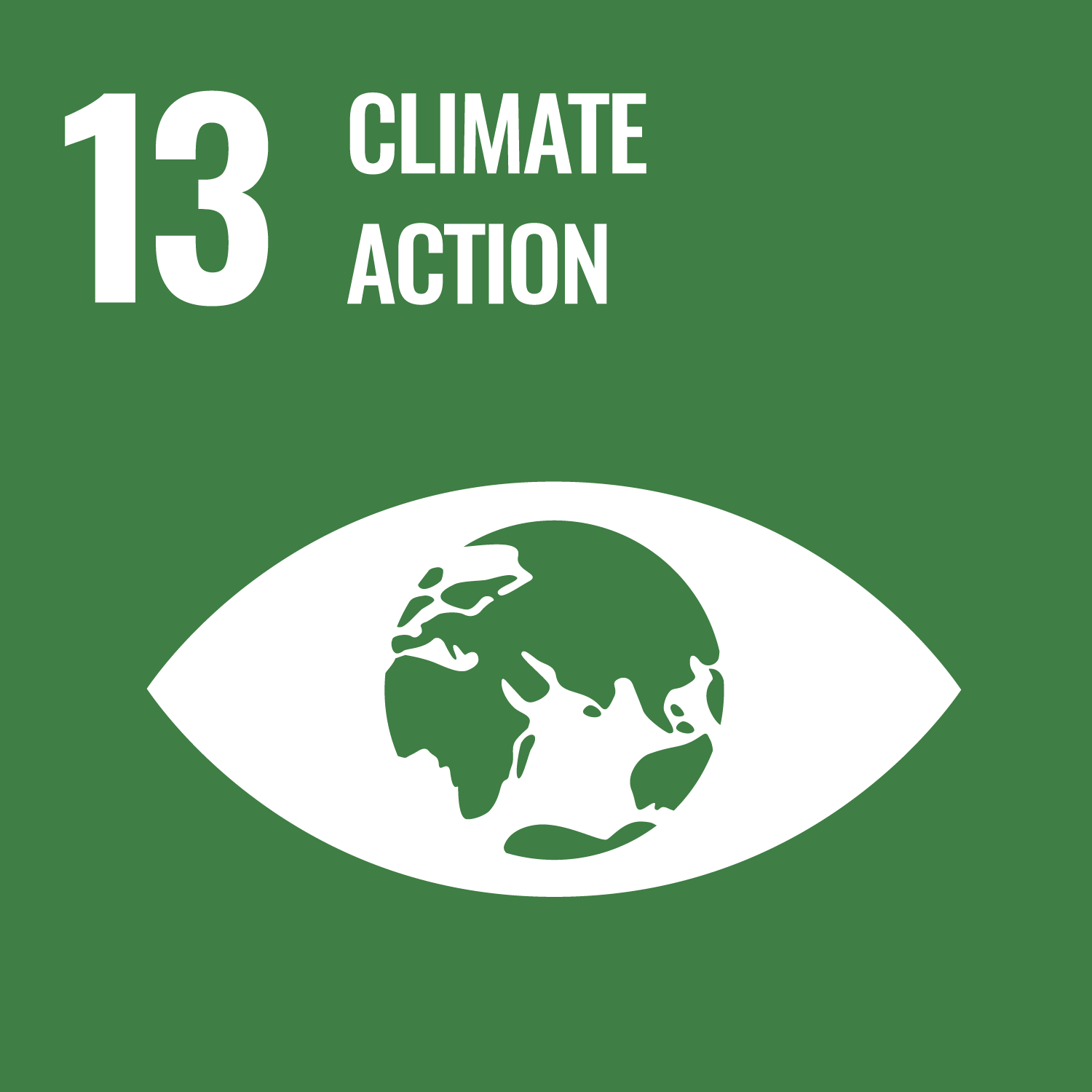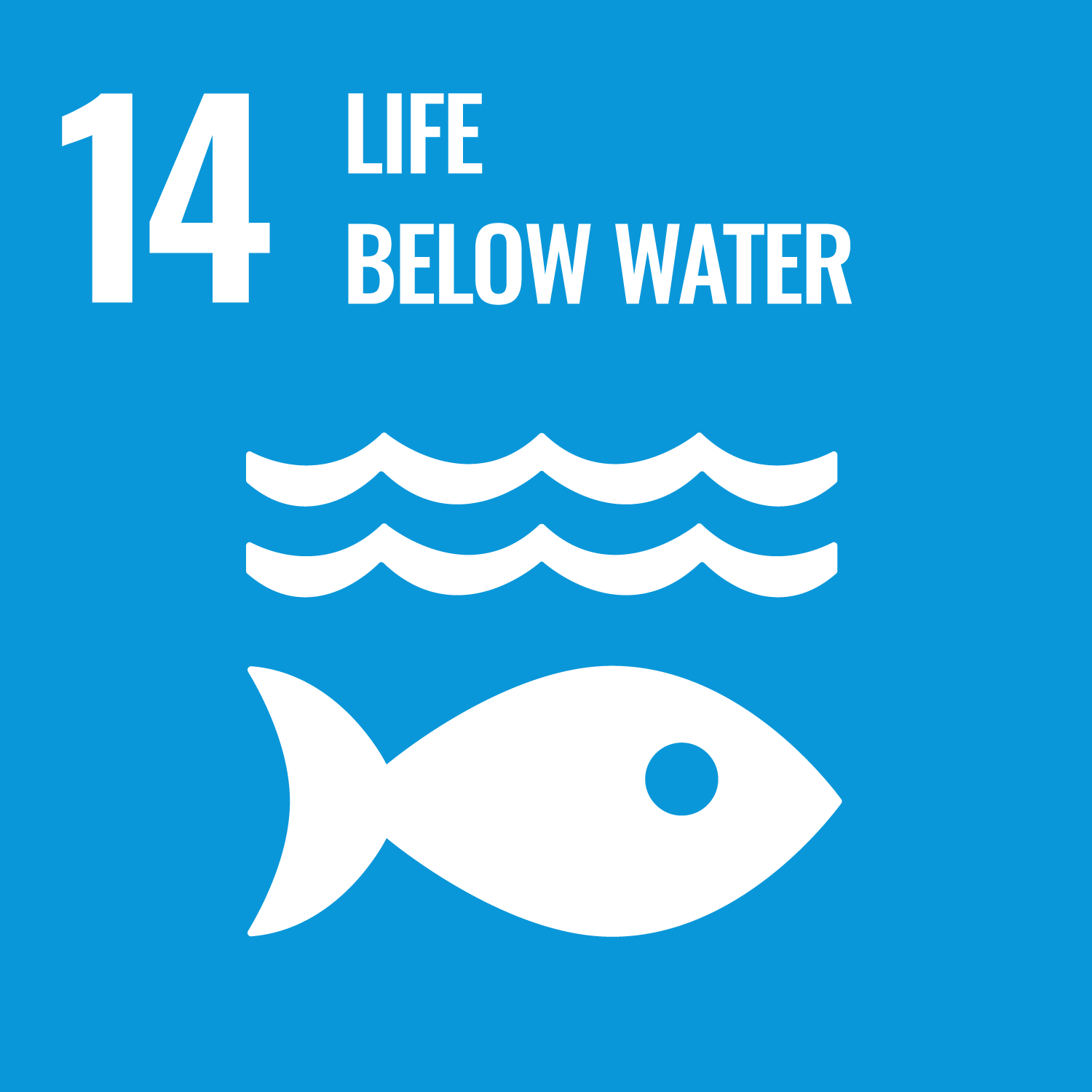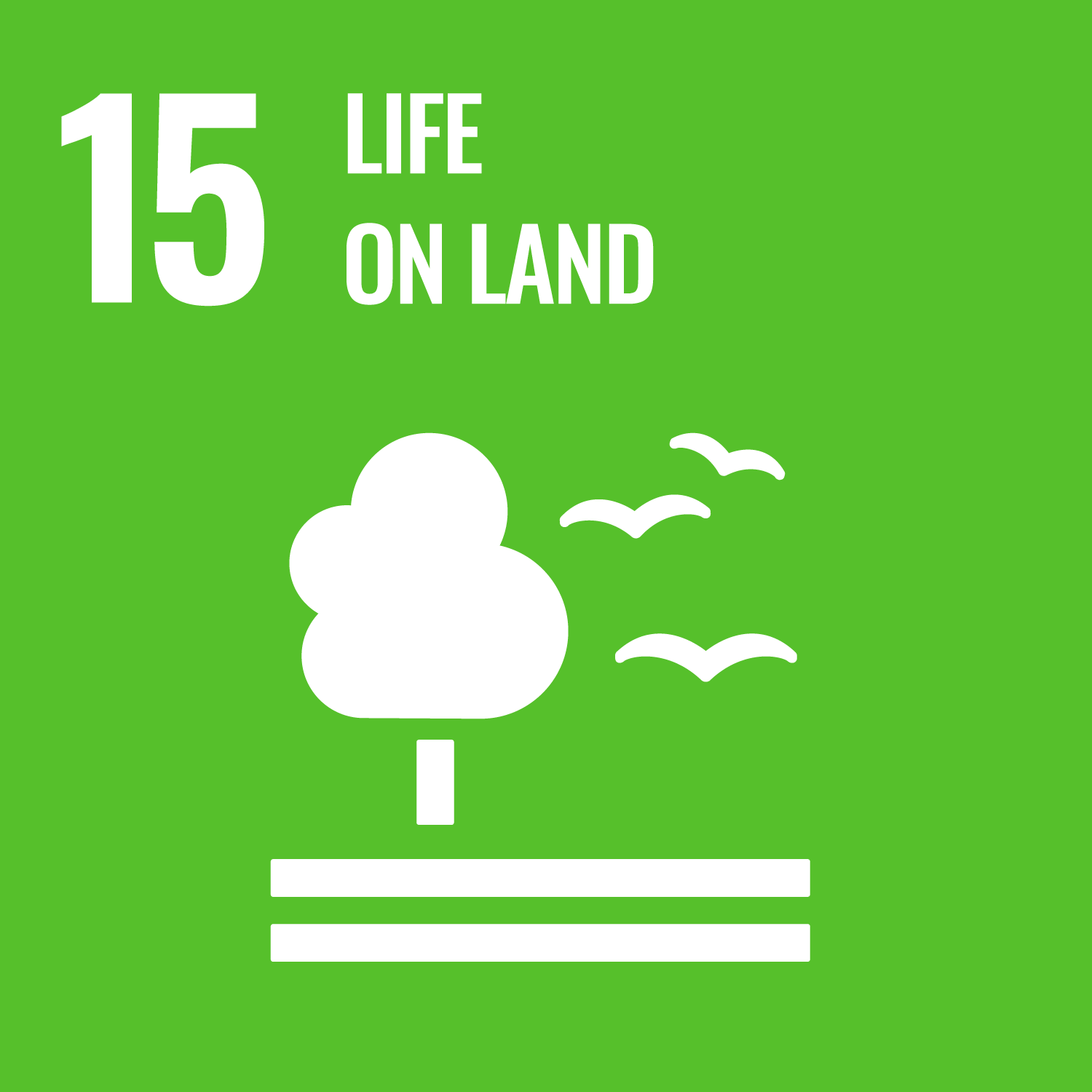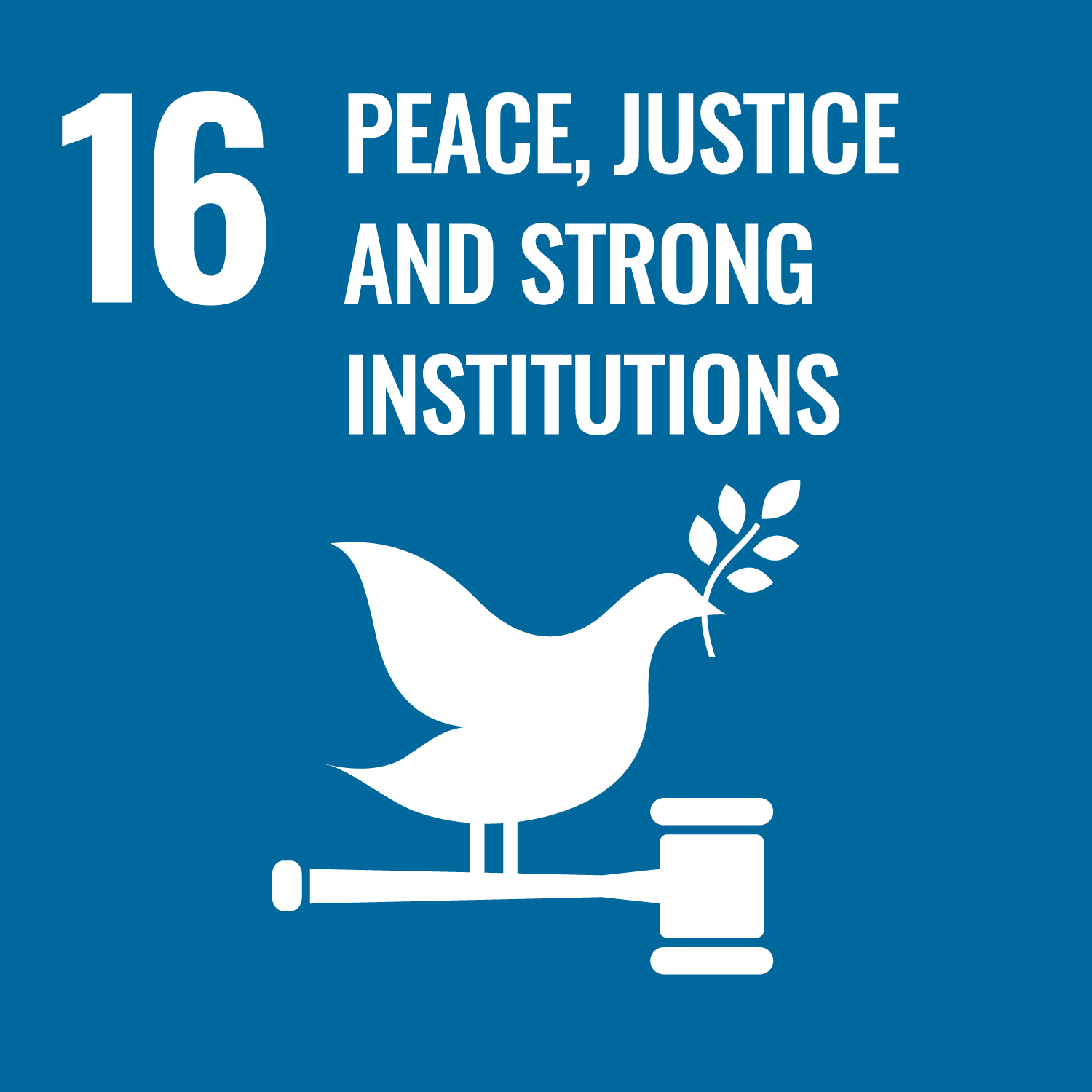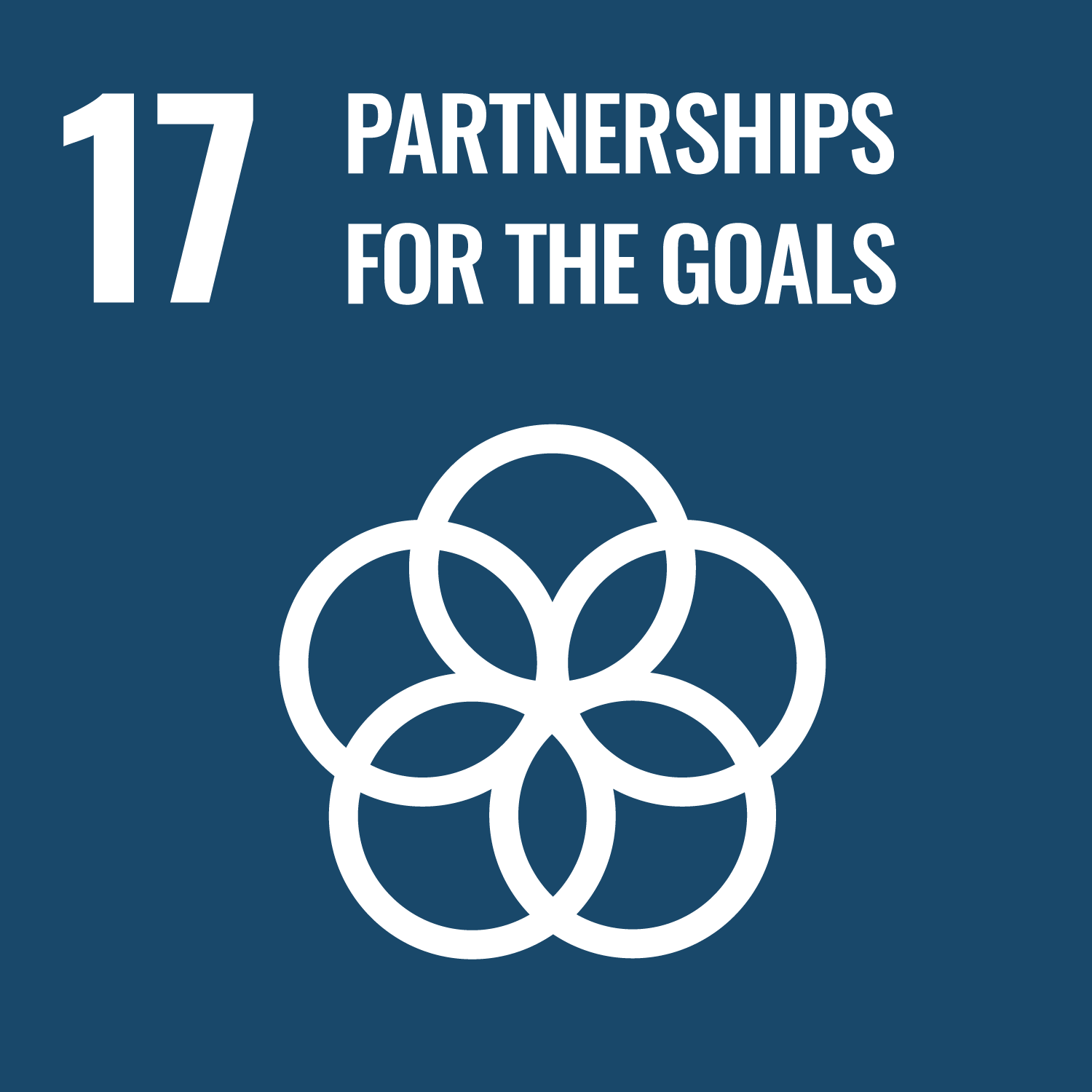Enhancing Smart Sugarcane Agriculture in the IoT Advanced Agriculture Demonstration Field
Southern Kyushu and Nansei Islands Innovation Center
Faculty of Agriculture
Graduate School of Science and Engineering
Specially Appointed Specialist
IWAMOTO Hiroki
Faculty of Agriculture,Department of Environmental Sciences and Technology
Environmental and Bioresource Engineering
Associate Professor,KANDA Eiji
Graduate School of Science and Engineering (Engineering)
Mechanical Engineering
Associate Professor,KUMAZAWA Noriyoshi
Background and objectives of activities
In Kagoshima Prefecture, sugarcane accounts for more than a 40% share of domestic production, making it the key crop in the Amami Oshima islands. Although mechanization of harvesting operations has advanced (97%), the aging of the population and lack of workers have led to outsourcing of farm work and insufficient management due to farmland rental, resulting in problems such as lower unit yield. This project aims to improve the efficiency of sugarcane production management and to create a new regional industry through DX (Digital Transformation, bringing about change through the penetration of digital technology).
Summary of Activities
Field servers for meteorological observation are established in sugarcane fields in three towns on Tokunoshima Island (Tokunoshima Town, Isen Town, and Amagi Town). In addition to the collection of microclimate observation data and growth environment data, remote sensing (satellite image analysis) is being used to collect data on growth conditions. These data are provided to the town's agricultural administrators and sugarcane growers (growers and sugar mills) for use in understanding sugarcane growth conditions and production management, for the efficient and planned operation of mills, and for agricultural policy in general. In addition, sugarcane harvesters (harvesters) are being fitted with location information collection devices to improve the efficiency of production management.
Expected Benefits
The project will contribute to increased productivity, production and ecosystem conservation. It will also improve adaptive capacity to climate change, extreme weather events, droughts, floods and other disasters. Ensure sustainable food production systems that progressively improve land and soil quality and practice resilient agriculture.

